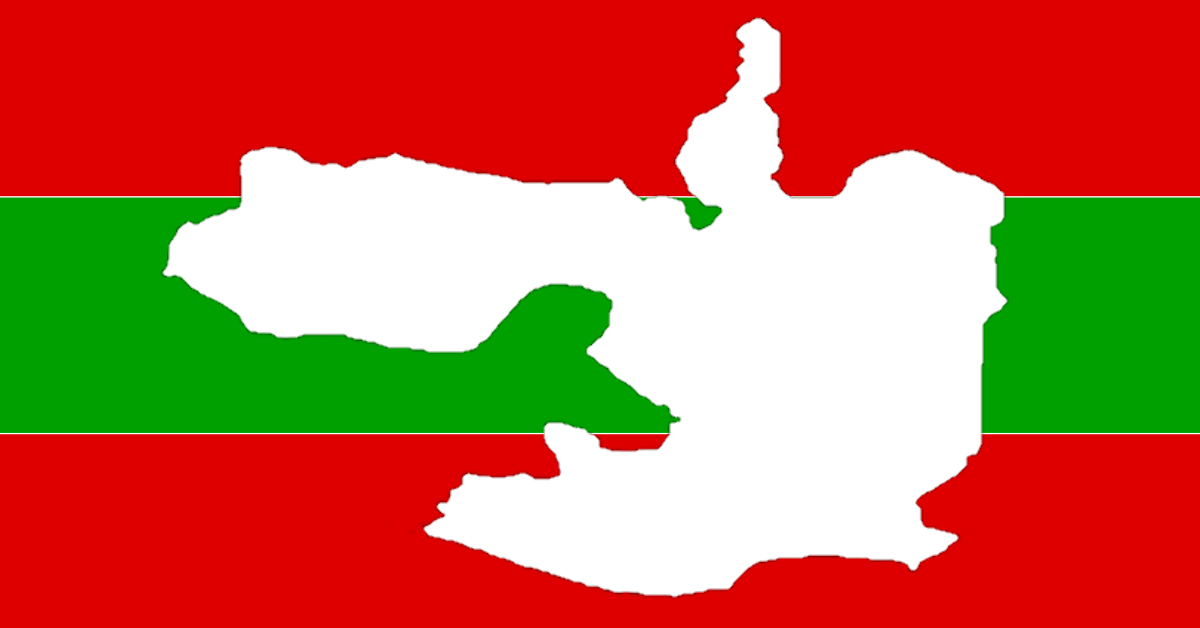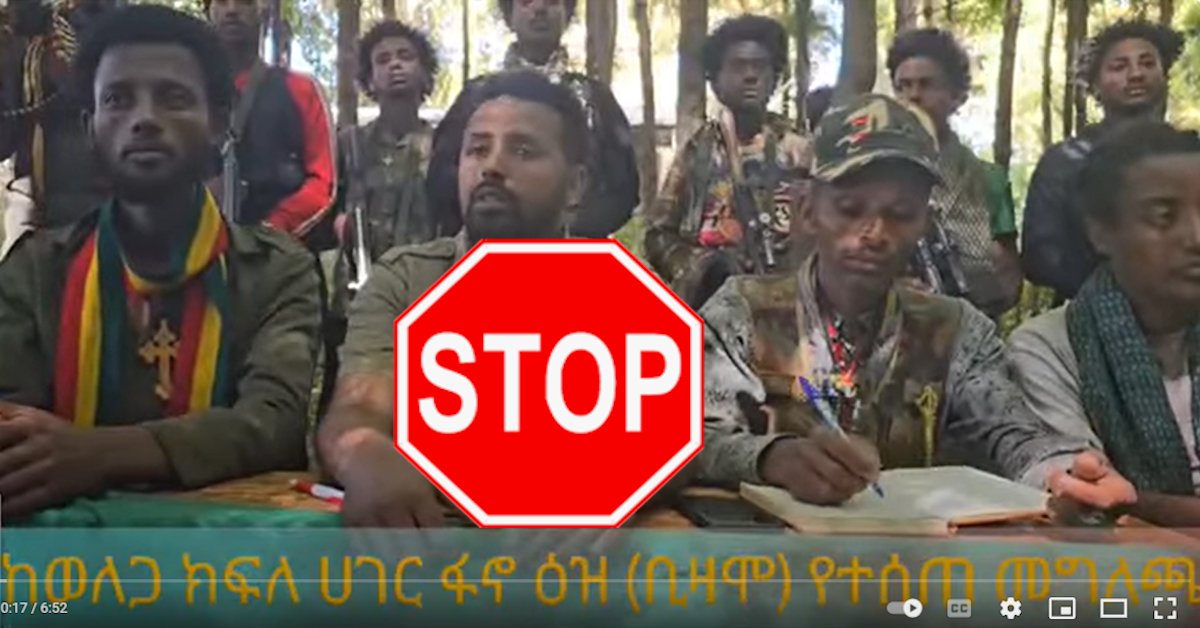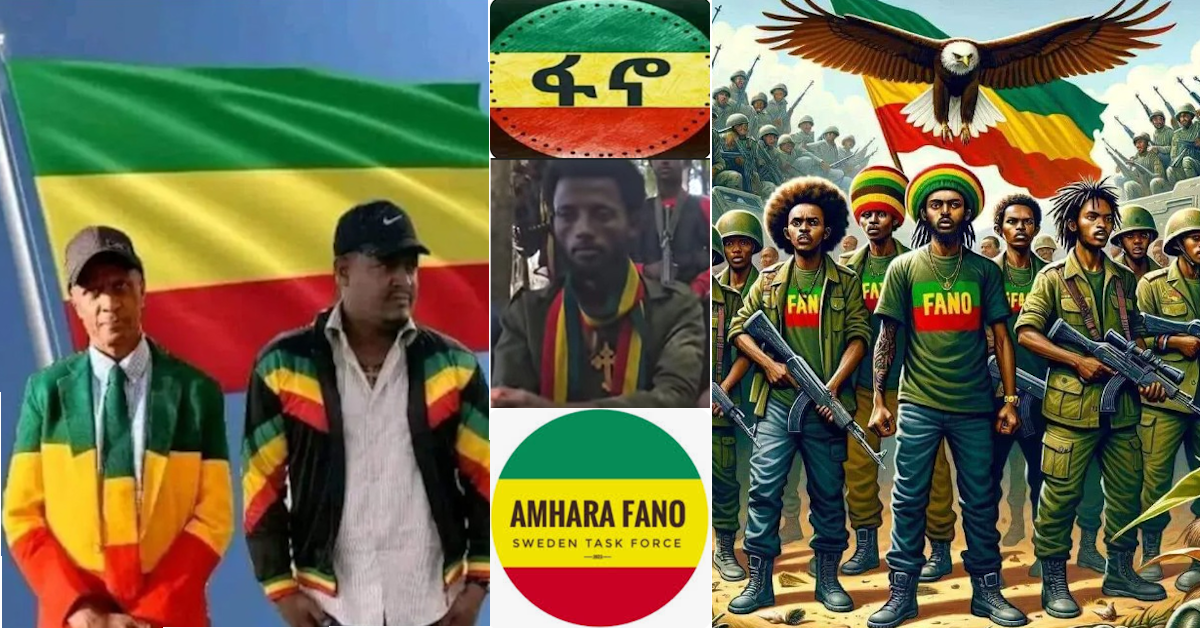Take this as an axiom: no peace with the Oromo means no peace for Ethiopia.
The reality is simple yet profound: Oromia is the heart of Ethiopia. It serves as the empire’s economic hub and defines Ethiopia in every sense of the word for its existence. Without addressing the Oromo questions, the foundation of Ethiopia’s stability remains shaky.
Oromia: A Sleeping Giant Awakened
The youth of Oromia, once a source of hope for peaceful engagement, now lack confidence in the current government. They view institutions such as the Ethiopian Orthodox Church less as spiritual entities and more as political arms representing the Amhara people. This perception, which is not without merit, signals a deepening rift that will further strain Ethiopia’s fragile unity. Extrapolate this dynamic over five years, ten years, or even a single year, and the outcome is evident: Abiy and Shimelis’s Orwellian narrative is running out of steam, if it hasn’t already.
The Oromo Liberation Army: A Growing Force
The Oromo Liberation Army (OLA) is poised for exponential growth in the weeks, months, and years ahead. For many Oromo youths, the OLA represents a future aligned with their aspirations. The disenfranchisement they feel under the current regime is pushing them to seek empowerment through this movement.
The statement that “no peace for Ethiopia exists without peace for Oromia” is undeniably true. However, the reverse is equally significant: peace in Oromia could usher in the peace dividends Ethiopia desperately needs. Oromia’s vast natural resources and status as an economic powerhouse make it indispensable for fostering any meaningful sociopolitical stability in the country.
Why Genuine Negotiations Are Elusive
Given Oromia’s pivotal role, why do the federal and regional governments resist engaging in a genuine peace process? The answer is straightforward: both fear that real negotiations with the OLA would spell the end of their political dominance.
Prime Minister Abiy Ahmed and President Shimelis Abdisa heavily rely on the Oromo electorate. During the last election, their strategy was brutally effective—opposition politicians from the OLF and OFC were imprisoned or killed, their offices shut down across Oromia. This left the PP as the sole contender, ensuring their victory, if that qualifies to be called a victory.
Negotiating with the OLA risks loosening their grip on power, a prospect they refuse to entertain. The Dar es Salaam, Tanzania, talks in November 2023 are a case in point. Ostensibly a peace negotiation, these talks were undermined by the Ethiopian military, which launched attacks on the OLA under the guise of a ceasefire. This demonstrates the government’s mindset: peace negotiations are viewed not as opportunities for compromise but as a demand for complete surrender.
Abiy and Shimelis’s vision of “peace” involves granting token positions to those who capitulate while maintaining their stranglehold on power. This was precisely the hollow offer presented during the Dar es Salaam talks—an offer that fails to address the genuine grievances of the Oromo people or the aspirations of the OLA.
The Path Forward
If Ethiopia truly seeks peace, it must address the Oromo questions with sincerity and fairness. Engaging in genuine negotiations with all stakeholders, including the OLA, is not just a moral imperative but a pragmatic necessity. The alternative is continued unrest, with Oromia’s awakening posing an existential challenge to Ethiopia’s unity.
Oromia holds the key to Ethiopia’s stability. Resolving its issues is the only path to lasting peace for the entire nations, nationalities, and peoples of Ethiopia.



2 thoughts on “ETHIOPIA WILL NEVER BE AT PEACE WITHOUT RESOLVING THE OROMO QUESTIONS”
A great piece of advice based on vivid realities. No way would there be anything similar to the past nor sustenance of the current status quo without addressing fundamental questions in Ethiopia. There is no quick fixes nor sustainable solutions
This is fact …